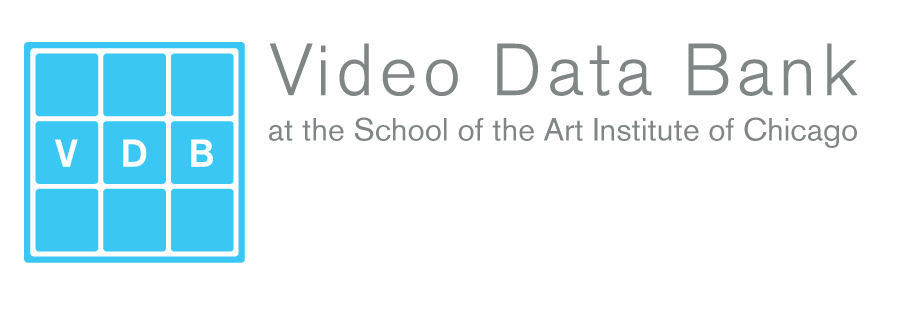Film Screenings / Programs / Retrospectives
THE ANNOTATED FIELD GUIDE OF ULYSSES S. GRANT (+ THE FILMS OF JIM FINN)
September 17 – September 26
NYC THEATRICAL PREMIERE RUN! JIM FINN IN PERSON OPENING WEEKEND!
Jim Finn
THE ANNOTATED FIELD GUIDE OF ULYSSES S. GRANT
2020, 61 min, 16mm-to-digital. Distributed by Video Data Bank (https://www.vdb.org).
For four years in the 1860s, half of the United States was held hostage by an unrecognized white supremacist republic. Shot on 16mm in national military parks, swamps, forests, and the suburban sprawl across the former battlefields, Jim Finn’s new film follows General Grant’s path liberating the southern U.S. Part travelogue, part essay film, part landscape documentary, it moves from the Texas-Louisiana border to a prison island off the coast of New England. But instead of relying on actors, vintage photos, and the sounds of bullets and explosions, the battles are illustrated with the paper reenactments of hex & counter wargames and bubblegum cards from the hobbyist gamer subcultures that have sprung up around the Civil War. The sound and music are inspired by 1970s crime films to celebrate the destruction of the Confederacy with the synth jams they deserve.
“Surveying the legacy of the Civil War through the strange remnants that linger in American society, THE ANNOTATED FIELD GUIDE OF ULYSSES S. GRANT is an essay film with bite, understatedly but convincingly arguing that the Confederacy’s great shame has yet to be expunged from the national consciousness. Finn details the journey U.S. General Ulysses S. Grant underwent to systematically crush the Confederate army, but this isn’t a documentary about military tactics. Rather, Finn photographs the war’s most famous battlefields as they appear now, as well as explores the odd ways that the country has memorialized the conflict, including through boardgames and bubblegum cards. Told in nine chapters and a damning coda, THE ANNOTATED FIELD GUIDE may initially seem playful, but the seriousness of purpose becomes evident soon enough. […] As an idiosyncratic perspective on willful blindness and moral failure, Finn’s essay film grows in power as it moves along. Its final segment adroitly connects the nation’s white-supremacist past to its present, making plain that THE ANNOTATED FIELD GUIDE is no mere history lesson. Finn adopts a subdued tone throughout, but at the end, you can’t miss the anger in his voice.” –Tim Grierson, SCREEN DAILY
Fri-Thurs, Sept 17-23 at 7:00 & 9:00 nightly.
[Each screening of THE ANNOTATED FIELD GUIDE will be preceded by a short film of Finn’s, with a different title selected every night.]
[Immediately preceding the week-long run of Finn’s new film, we’ll be presenting a thematically-linked series showcasing the new film, BICENTENARIO, and other films that explore the concept of national identity, the visible traces of history, and the fraught subject of historical markers or monuments. Click here for more details.]
PLUS:
THE FILMS OF JIM FINN
On the occasion of Anthology’s premiere run of THE ANNOTATED FIELD GUIDE OF ULYSSES S. GRANT, we present a weekend of screenings surveying Finn’s earlier work, including his peerless “Communist Trilogy,” the “Inner Trotsky Child” series, and two under-seen mid-length films, SUNDAY SCHOOL WITH FRANZ HINKELAMMERT (2012) and THE DRUNKARD’S LAMENT (2018).
“Finn is a unique figure, although, like the freewheeling assemblagist Craig Baldwin and obsessive artificer Guy Maddin, he has an acute sense of cinema as alternative history. Though generally hilarious, Finn’s movies are closer to pastiche (often incorporating found footage and actual texts) than parody. His necessarily ironic attitude is tinged with nostalgia – and a bit of erotic obsession. Utopian as they are, Finn’s features regularly erupt into (mainly) female mass dance numbers and spectacular, if primitive, light shows – often with infectious original music. […] Finn’s powerful social awareness is matched by his appreciation for the pathos of political kitsch. A master (and connoisseur) of revolutionary jargon and militant catechism, he takes Communism too seriously not to be moved by its aspirations – and their tragic results. This is the paradox: Finn is not only a pomo aesthete who can’t help putting quotation marks around the Communist project, but a Kierkegaardian true believer whose leap of faith is the production of precisely these quixotic movies.” –J. Hoberman, VILLAGE VOICE
Co-presented by Video Data Bank (https://www.vdb.org).








